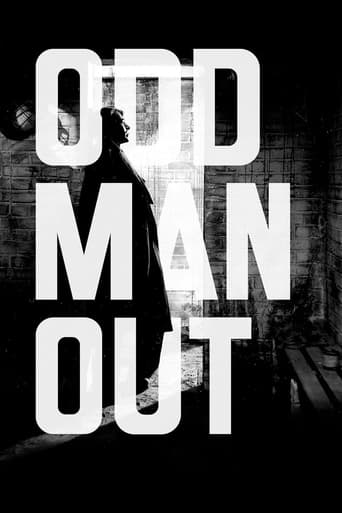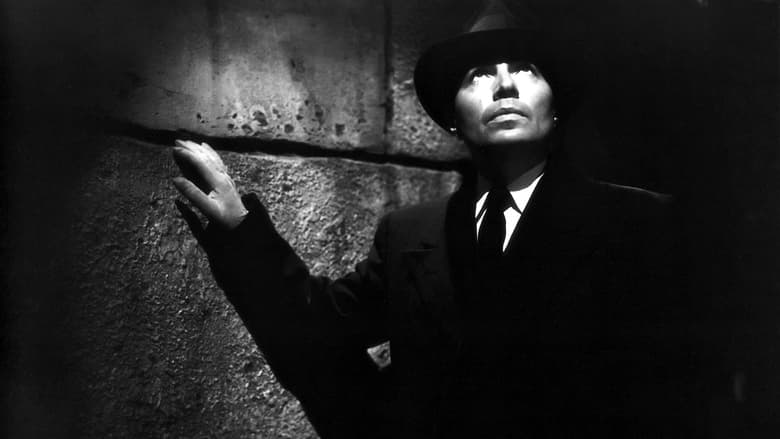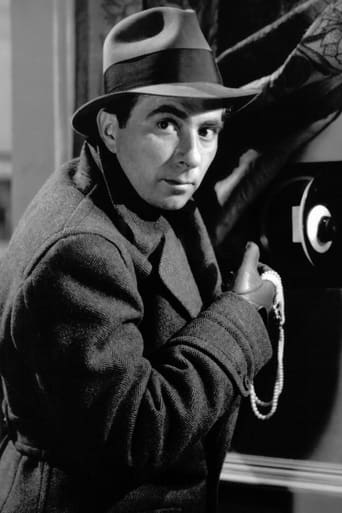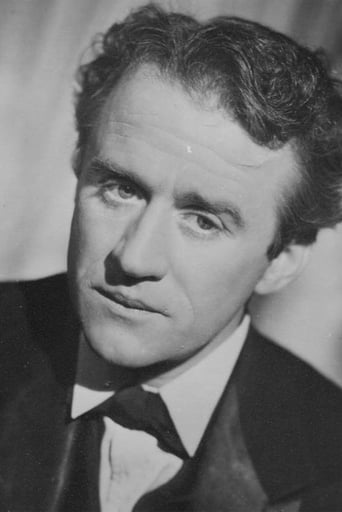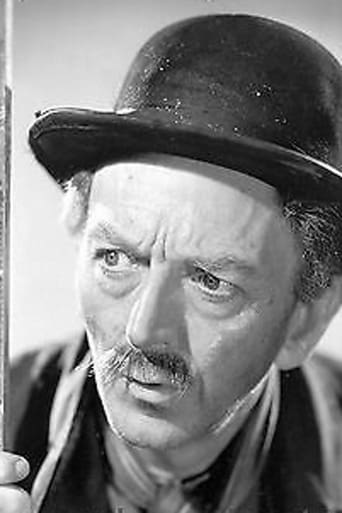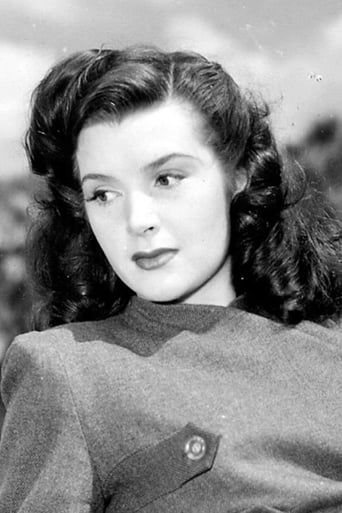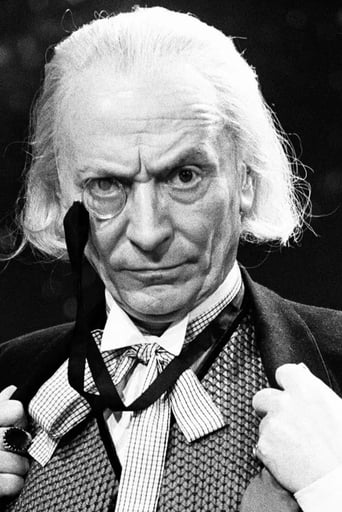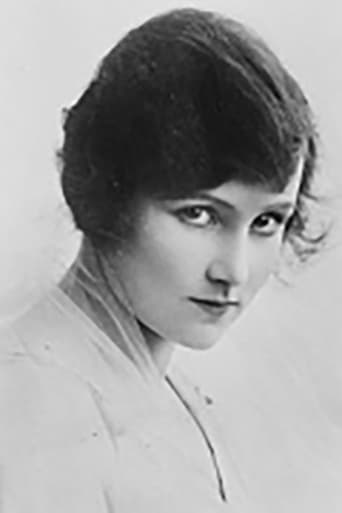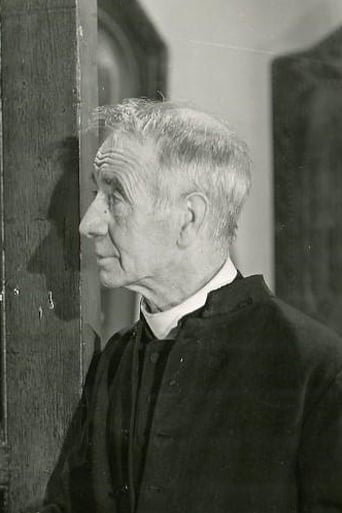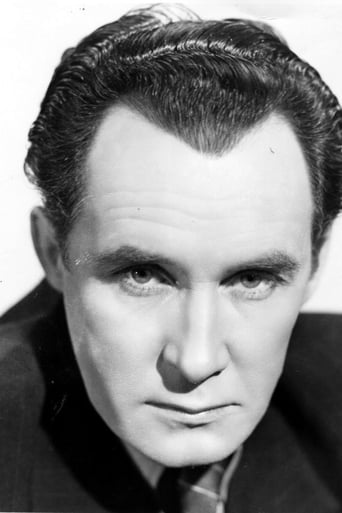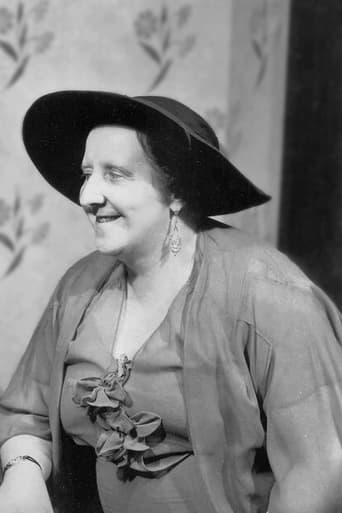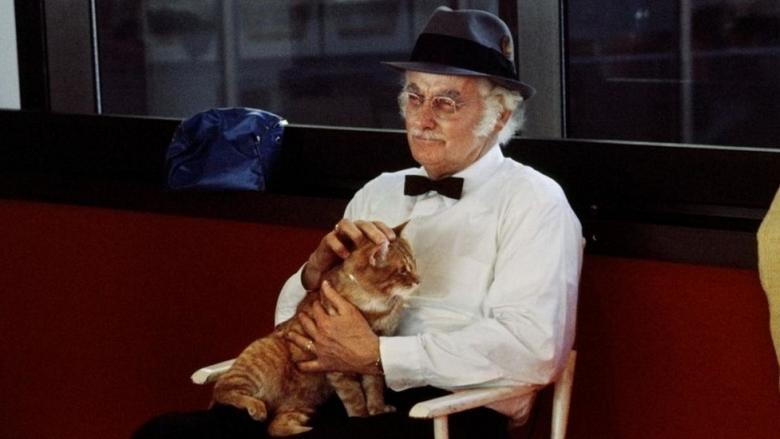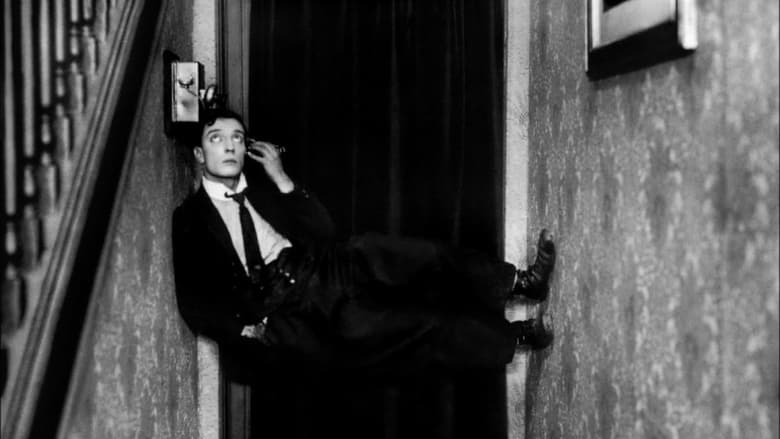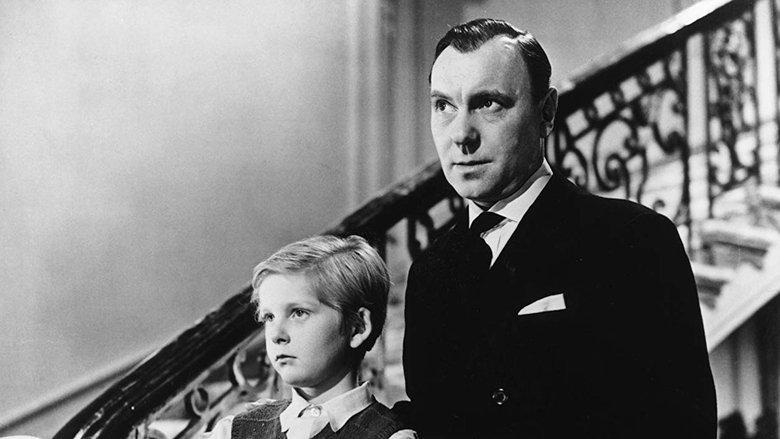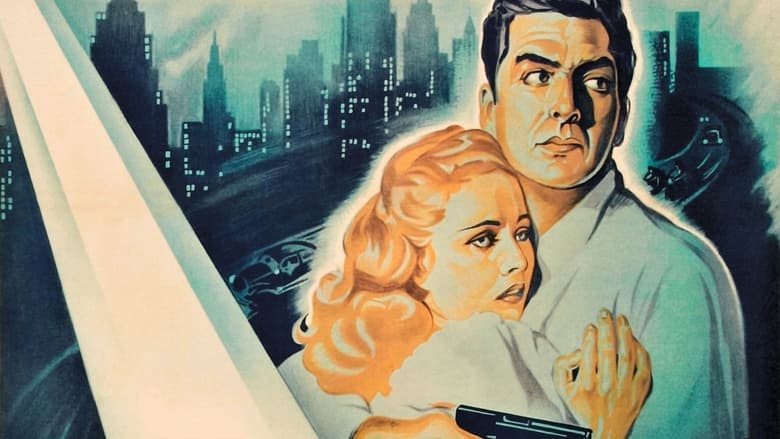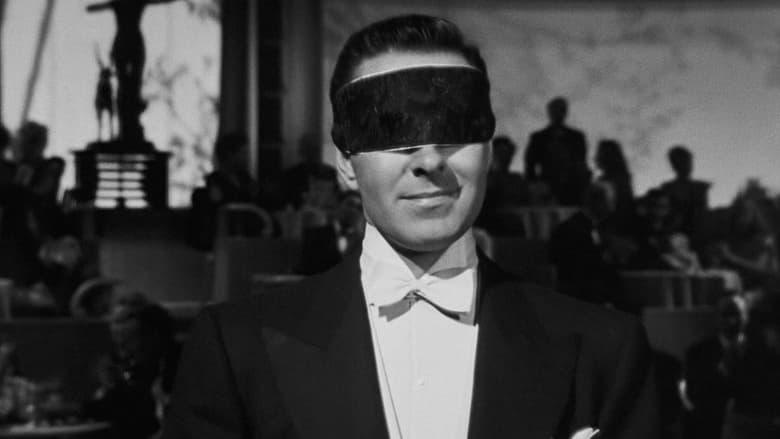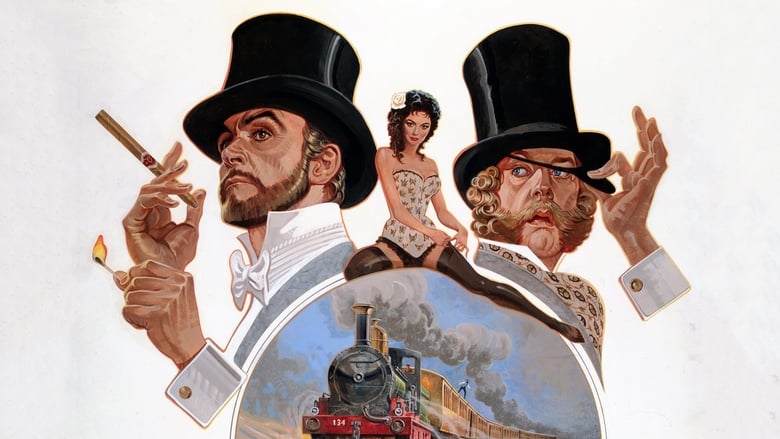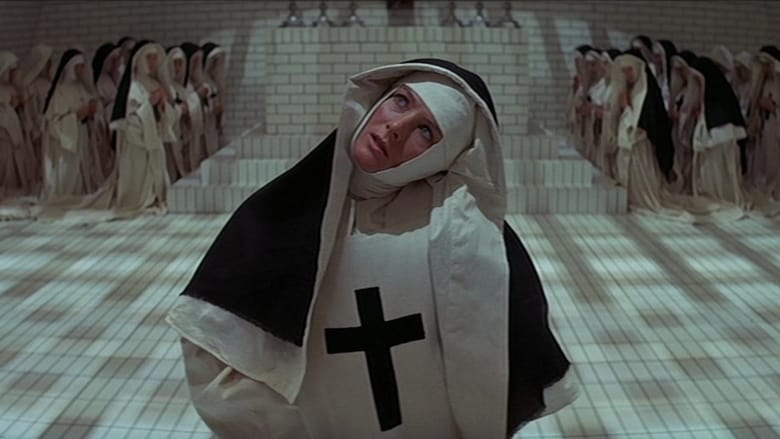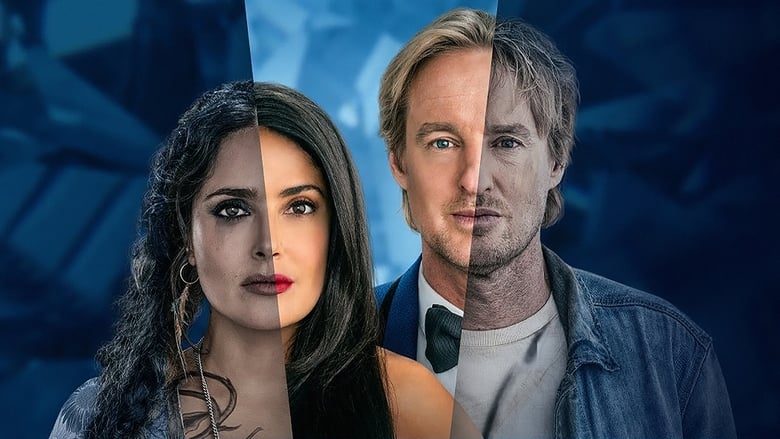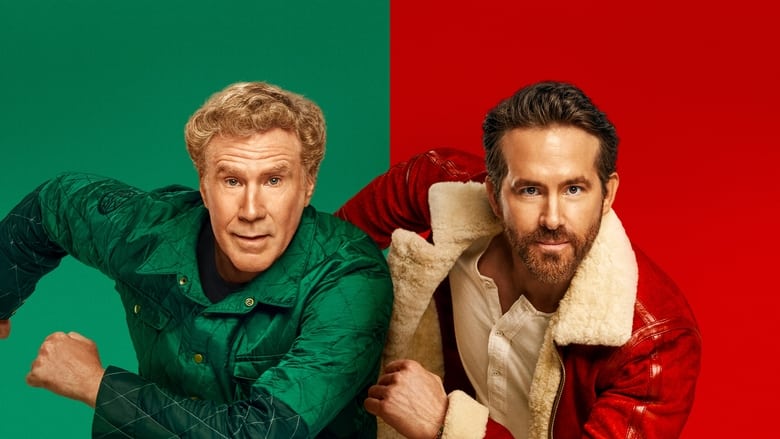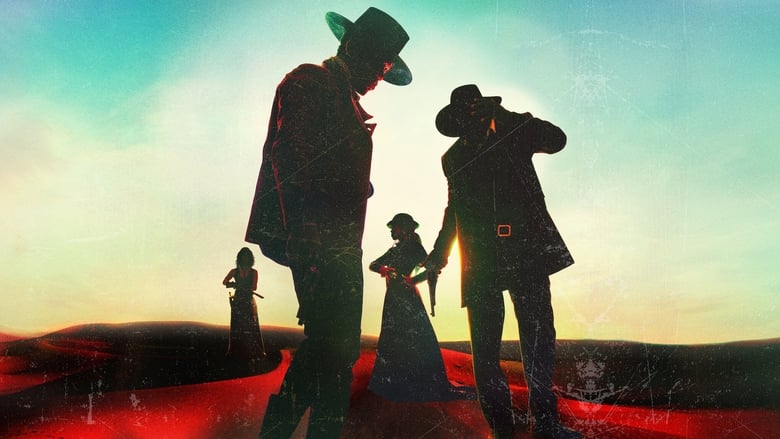Belfast police conduct a door-to-door manhunt for an IRA gunman wounded in a daring robbery.


Similar titles
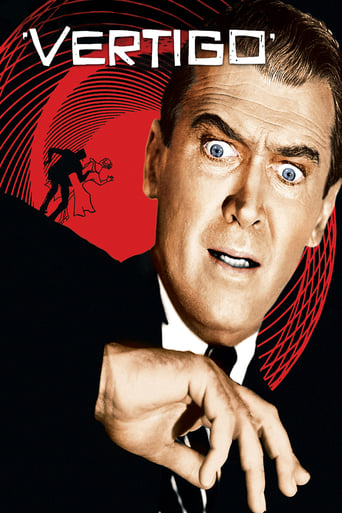
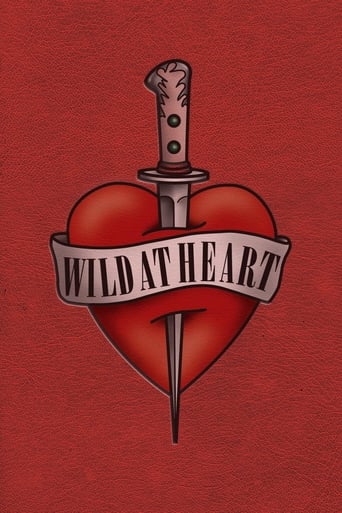
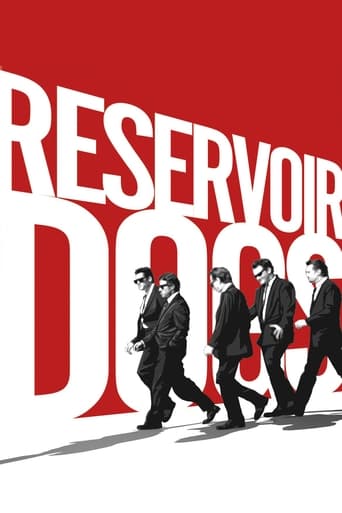


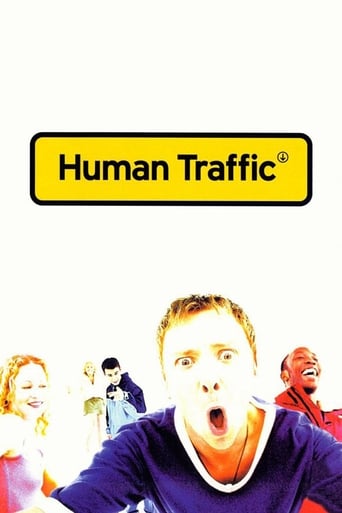
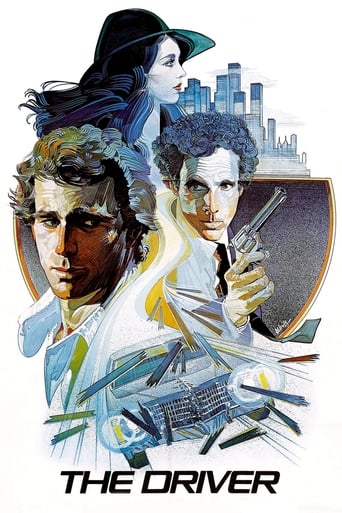
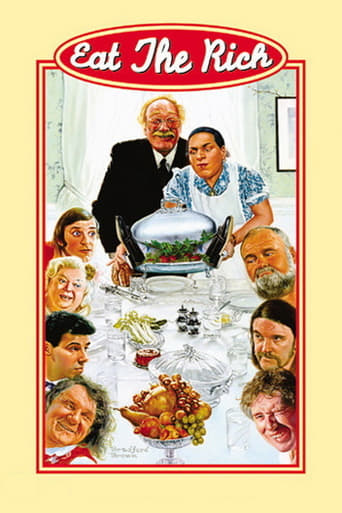
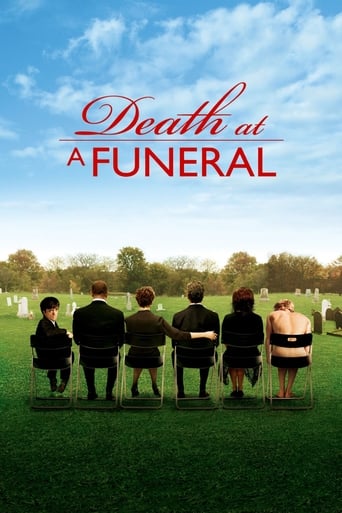
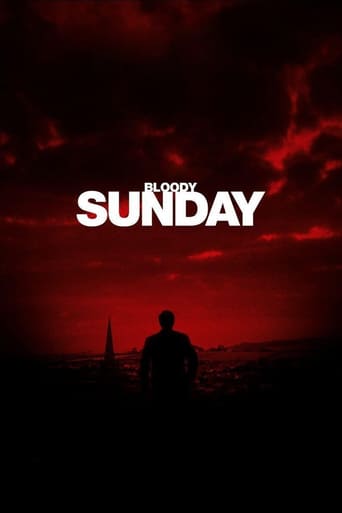
Reviews
This is the first of three films noirs, all containing the word "man" in their title, made by Carol Reed during the forties and fifties; the others are "The Third Man" and "The Man Between". It is the only one of the trilogy to be set in the UK, the other two taking place in continental Europe. The action takes place in an unnamed "Northern Irish city" (for which read Belfast) and features an unnamed "illegal organisation" (for which read the IRA). We may think of Northern Ireland's "Troubles" as something dating only from the late sixties, but the province was never entirely free of political violence after partition in the early twenties. It was a brave move to make a film about this subject in 1947, especially one which does not take sides politically, as the IRA were cordially loathed in Britain, not only for their terrorist activities but also for their openly pro-Nazi stance during the recent war.Johnny McQueen is a leading member of the organisation who has recently escaped from prison. He and his cell are ordered to rob a factory to obtain funds. The raid, however, is bungled and a cashier is killed and Johnny injured. He is forced to go on the run, while the police organise a manhunt. Various people, including members of his own organisation and his girlfriend Kathleen are also trying to find him, for various reasons.James Mason (who also starred in "The Man Between") is said to have regarded this as his best film, and others have held it in high esteem, Roman Polanski going so far as to call it his favourite film. It certainly has its virtues, but I have always felt that it also has its faults and I have never rated it as highly as "The Man Between" or Reed's masterpiece, "The Third Man".Most of these faults come in the second half of the film in which a number of people are searching for Johnny, and not always for the obvious reasons. Kathleen is looking for him because she loves him. A priest, Father Tom, wants to save his soul. A painter, Lukey, wants to paint him because of what he "sees in his eyes". Lukey's friend, Shell, is hoping for a financial reward, either from the authorities or from the organisation, for information about Johnny's whereabouts. Two old ladies take pity on him, but throw him out of their house when they discover who he is and what he has done, although they do not hand him over to the police. A barman takes a similar attitude. From around the halfway mark onwards Johnny, the dominant figure in the first half, fades out of the film, becoming a passive symbol- a symbol of whatever the other characters want to make of him- rather than an active participant in the drama. As a result, the film seems structurally unbalanced, a union of two halves which do not fit neatly together.Moreover, the acting is variable in quality. Robert Newton plays Lukey as the standard caricature of the artist as an eccentric, possibly mad, Bohemian starving in a garret. F. J. McCormick plays Shell as the standard caricature of the stage Irishman, full of the blarney and speaking little that makes any sense. And, like most stage Irishman, he has a Southern Irish accent. In fact, most of the cast sound as if they come from either England or Southern Ireland. Virtually nobody manages - or even attempts – a genuine Ulster accent.On a more positive note, some of the cast are better; I am thinking particularly of Kathleen Ryan as the faithful Kathleen and Denis O'Dea as a sympathetic policeman. The cinematography is excellent. Reed is able to conjure up a vision of Belfast- many scenes were shot on location in the city- as memorable as the visions of New York or Los Angeles conjured up by the great masters of American noir. We see the city in all its moods- the robbery takes place in bright sunlight, but later scenes were shot in shrouding fog or driving rain. The closing scene takes place in a snowstorm. There is also a fine dramatic musical score from William Alwyn.When I said that the film does not take sides politically, I meant that it is neutral on the question of whether Northern Ireland should remain part of the UK or be united with the Irish Free State (as it was in 1947). On the question of political violence I think it does take sides. Even early in the film Johnny finds himself at odds with his organisation- a possible explanation of the title- because he has come to believe that non-violent political action might achieve more than armed struggle. Although Johnny tends to fade out in the middle of the film, he returns to prominence at the end. He knows he is dying; if he does not receive medical treatment his wounds are likely to prove fatal, but if he goes to the hospital he will be arrested and hanged for the murder of the cashier.He begins to quote from that famous passage in St Paul's First Epistle to the Corinthians, including the words "Though I speak with the tongues of men and of angels, and have not charity, I am become as sounding brass, or a tinkling cymbal". He may be delirious, but in his delirium he gives voice to an idea which he has instinctively known, and has been struggling to express, since the beginning of the film, namely that the rhetoric of men of violence, including members of his own organisation, who lack charity in their hearts is hollow and worthless, of no more significance than a tinkling cymbal. Although this is not, in my view, Mason's finest film, it is nevertheless a fine, highly expressive, individual performance. 7/10
A wounded Irish nationalist leader attempts to evade police following a failed robbery. Action takes place in Belfast, Northern Ireland.Filmmaker Roman Polanski has repeatedly cited "Odd Man Out" as his favorite film. Polanski feels that Odd Man Out is superior to "The Third Man" (1949), generally considered to be Reed's masterpiece: "I still consider it as one of the best movies I've ever seen and a film which made me want to pursue this career more than anything else. I always dreamt of doing things of this sort or that style. To a certain extent I must say that I somehow perpetuate the ideas of that movie in what I do." Respectfully, I have to disagree with Polanski. "The Third Man" is by far the Carol Reed masterpiece, and possibly the greatest film of all time. But that is not to say that "Odd Man Out" is not one of the greats, especially among films that seem to have been forgotten.
It's just after the war in Belfast, Northern Ireland, and James Mason, as Johnny, has escaped from prison after spending years there. Now he's holed up in an apartment. With the help of four or five fellow members of "The Organization," he plans the robbery of the pay office of a mill.Unfortunately, after his prison experiences, Mason's nerves are shot. He's subject to dizzy spells. The woman who loves him, Kathleen Ryan, tries to dissuade him from leading the robbery, but Mason insists.It doesn't go well. In a scene filled with suspense and verisimilitude, Mason stumbles when leaving the mill, tangles with an armed guard and kills him, while he himself is seriously wounded. Mason manages to hang on to the getaway car for one or two blocks, then falls off onto the street and lurches into an alley to escape the police who have now been alerted. Mason is a revolutionary, a thief, and now a murderer but our sympathies are largely with him.That scene in which he falls from the car is exquisite. Dan O'Herlihy and Roy Irving are trying to hold him, his legs hanging outside, but his wounded body slips from their grasp and he rolls over and over in the middle of the road. The driver, Cyril Cusack, speeds on for another block before screeching to a halt. The three men sit in the motionless car and shout angry accusations at one another while they stare back at Mason's body, uncertain of whether to back up or cut around the block and pick him up. As they unleash their anger and indecision, Mason disappears into a maze of brick alleys and shabby housing.For the rest of the film, Mason may be the central figure, hallucinating and bleeding to death as he's wanders alone on the cobblestone streets, tugged this way and that by frightened citizens who don't want to get involved, dumped in a field full of discarded bathtubs and toilets, or locked away in the private booth of a pub run by a nervous owner, but he's essentially passive. The people into whose lives he staggers all have different plans for him. The weather meanwhile changes from sunny afternoon, to twilight, to rain, and then to a generous snowfall.There isn't space enough to list all the virtues of this superb film, but Carol Reed's direction is magnificent. The photography by Robert Krasker captures the slick streets and the stark poverty of the city's poor with a dispassion that's almost clinical and, in addition, adds dramatic shadows and lighting techniques that adumbrate Reed's later "The Third Man".The cast could hardly be bettered. O'Herlihy and Cusack are fine as the two stupid and impulsive gang members who are out searching for Mason among the brick ruins but decide to stop at the local whore house for a drink. Robert Newton, as a tempestuous artist, wants to save the dying light in Mason's eyes. W. G. Fay as the priest wants to save his soul. Elwyn Brook Jones as the medical-school drop out wants to save his body. F. J. McCormick as the weaselly Shell wants to schlep Mason to the church in hopes of being given a reward by Father Tom, a reward of renewed faith that Shell somehow confuses with material wealth. ("The Pope has a lot of money, and a man's got to live.") There's a comic element that surfaces in this prolonged tragedy from time to time. Much of it stems from the unpretentious folk poetry that ordinary Irish speech is sometimes transformed into. It's colorful, innovative, and not in any way forced. Nobody is a caricature. Nobody is Barry Fitzgerald. These actors, even in minor parts, have real faces and the complex personalities to go with them. Father Tom, the priest, is the most admirable character, a white-haired old gnome who speaks common sense in a way no one else does, except perhaps Dennis O'Dea as the Police Inspector, who has a stony face and an arid voice but who sees not "good and bad" but "innocence and guilt." I can't recommend this too highly.
This film noir directed and produced by Carol Reed received critical acclaim on both sides of the pond in 1948; Best Film editing in America and Best British Film of the Year. James Mason plays Johnny McQueen, the leader of an underground Irish organization. A precisely planned heist will put much needed funds in the coffers to keep the group going. Members of the gang feel that Johnny is not ready to pull the job off, because he has been hold up inside hiding too long. The crime is underway and things go sour and Johnny is wounded and doesn't make it back to the hideout. He will roam and hide in the underbelly of a snowy Belfast. The local police put on an all-out search with intent to capturing the revered Johnny McQueen. Suspenseful and dark. A real strong cast that also features: Robert Newton, Cyril Cusack, Kathleen Ryan, Denis O'Dea, Kitty Kinwan and Dan O'Herlihy.
